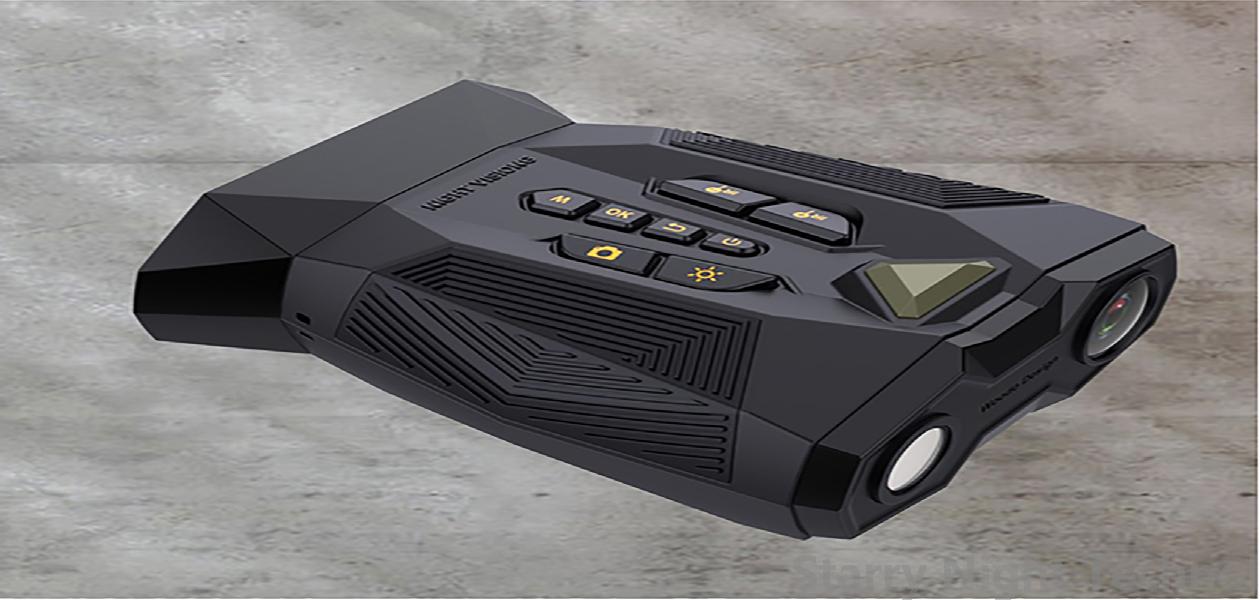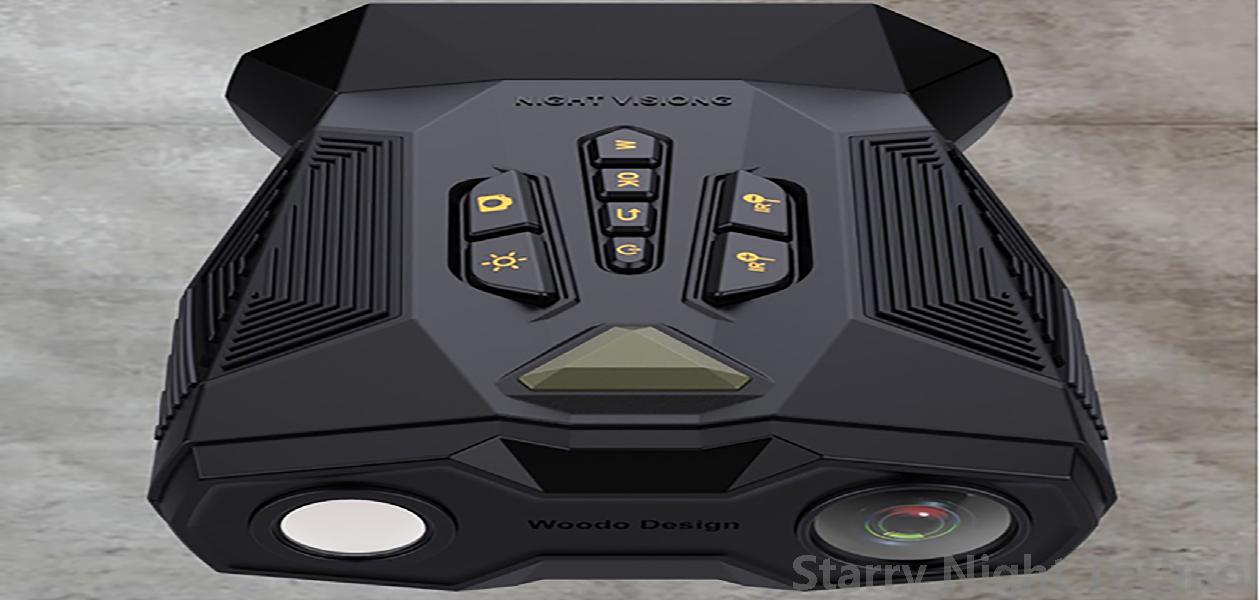The Warden of Dark Hours: Surveillance Sentinel
1753876821000

In an age where technology weaves itself intricately into the fabric of our daily lives, individuals and organizations have raised concerns about privacy, security, and ethics. One of the most debated aspects of this technological integration is surveillance—an omnipresent force that seems to loom larger with each passing day. Whether it’s through CCTV cameras in public spaces, biometric data collection, or digital footprints left behind on social media platforms, surveillance has evolved into what might be dubbed “the warden of dark hours.” This metaphorical sentinel watches over us even when we feel unseen, relentlessly monitoring human behavior 24/7.
### The Rise of the Surveillance State
Today’s landscape is dominated by profound advancements in surveillance technology. Governments justify their extensive surveillance methods as a means to enhance national security, prevent crime, and create safer communities. However, critics argue that these programs often tread dangerously close to infringing upon personal freedoms and eroding trust between citizens and authorities.
From facial recognition algorithms used in airports to drones patrolling suburban streets, the intrusive presence of surveillance technology can cause anxiety among many people who fear being watched at all times. Such technologies are marketed as tools for prevention and safety, but they also spark discussions about civil liberties and the right to anonymity in public spaces.
When Edward Snowden leaked classified information in 2013 regarding the National Security Agency (NSA) and its widespread mass surveillance practices, it ignited urgent conversations about the balance between security and privacy. While some saw him as a whistleblower advocating for individual rights, others viewed his actions as jeopardizing national security. This incident illuminated how quickly surveillance could permeate societal norms and emphasized the need for transparency and accountability from those wielding such power.
### The Psychological Effects of Constant Surveillance
Having a watchful eye can lead to significant psychological effects on both individuals and society as a whole. People today often experience "surveillance self-consciousness," leading them to modify their behaviors, communication styles, and social interactions based on perceived monitoring. This phenomenon creates an environment where individuals may be less inclined to express dissent or engage in controversial topics, stifling creativity and robust discourse—the very bedrock of democratic societies.
Moreover, constant awareness of surveillance can breed distrust not only toward institutions but also within social circles. The implications extend beyond mere discomfort; they raise important questions about autonomy, identity, and the ability to act freely without judgment or reprisal. In effect, the very essence of democracy is put under scrutiny when ordinary citizens must navigate a world mediated by a pervasive eye.
 Finding harmony between surveillance for security purposes and respecting individual privacy remains one of the biggest challenges of our time. Advocates for enhanced surveillance often cite incidents of tragic violence or terrorism as justifications for increased monitoring capabilities. Proponents suggest that curtailing certain rights can foster greater security—yet history warns us against allowing freedom to deteriorate out of fear.
Finding harmony between surveillance for security purposes and respecting individual privacy remains one of the biggest challenges of our time. Advocates for enhanced surveillance often cite incidents of tragic violence or terrorism as justifications for increased monitoring capabilities. Proponents suggest that curtailing certain rights can foster greater security—yet history warns us against allowing freedom to deteriorate out of fear.Countries wrestling with these dilemmas have attempted various approaches. For instance, some European nations emphasize the necessity for proportionality when deploying surveillance measures, mandating strict regulations governing their use. These regulations require law enforcement agencies to adhere to transparent guidelines, mitigating misuse. In contrast, jurisdictions like China encapsulate a far more dystopian framework via expansive, state-sponsored surveillance mechanisms akin to Orwell's darkest visions.
### Technology as Both Ally and Adversary
While we grapple with the consequences of exorbitant surveillance, the rise of technologies aimed at enhancing privacy proves hopeful. Innovations like end-to-end encryption, decentralized networks, and private browsing modes empower users, providing avenues for securing personal data amidst the cacophony of eyes that monitor online activity and communications.
However, tech companies face an ethical balancing act as well. They strive to safeguard consumer privacy while serving profitable interests tied to targeted advertising and big data analysis. Fundamental questions arise: How do we ensure responsible data usage? Who sets the standards for ethical AI development? And how do we hold companies accountable for breaching user trust?
### Navigating Tomorrow’s Surveillance Landscape
As global discourse surrounding surveillance evolves, we stand at a crossroads. The challenge remains synthesizing technology’s advancement with safeguarding humanity’s fundamental rights. Lawmakers, technologists, activists, and everyday citizens must advocate nuanced frameworks to address modern surveillance's complexities while promoting values entrenched in liberty, equity, and dignity.
Moving forward, policies must not only focus on restricting excesses but should involve community engagement. Conversations around creating ethical benchmarks for surveillance must include diverse stakeholders—ensuring varied perspectives shape the future rather than uphold status quo paradigms.
To escape the shadows cast by endless vigilance, we must collectively embrace foundational shifts in thinking about privacy and surveillance. It requires concerted effort—not only to protect ourselves against the overpowering gaze of the “warden of dark hours” but to reimagine a world where safety does not come at the cost of our cherished freedoms. As technology continues to advance, so too must our resolve to defend personal privacy and resist unwarranted observation in favor of a vibrant, unmonitored existence.
What brand of night vision device should I buyStarry Night Technol

